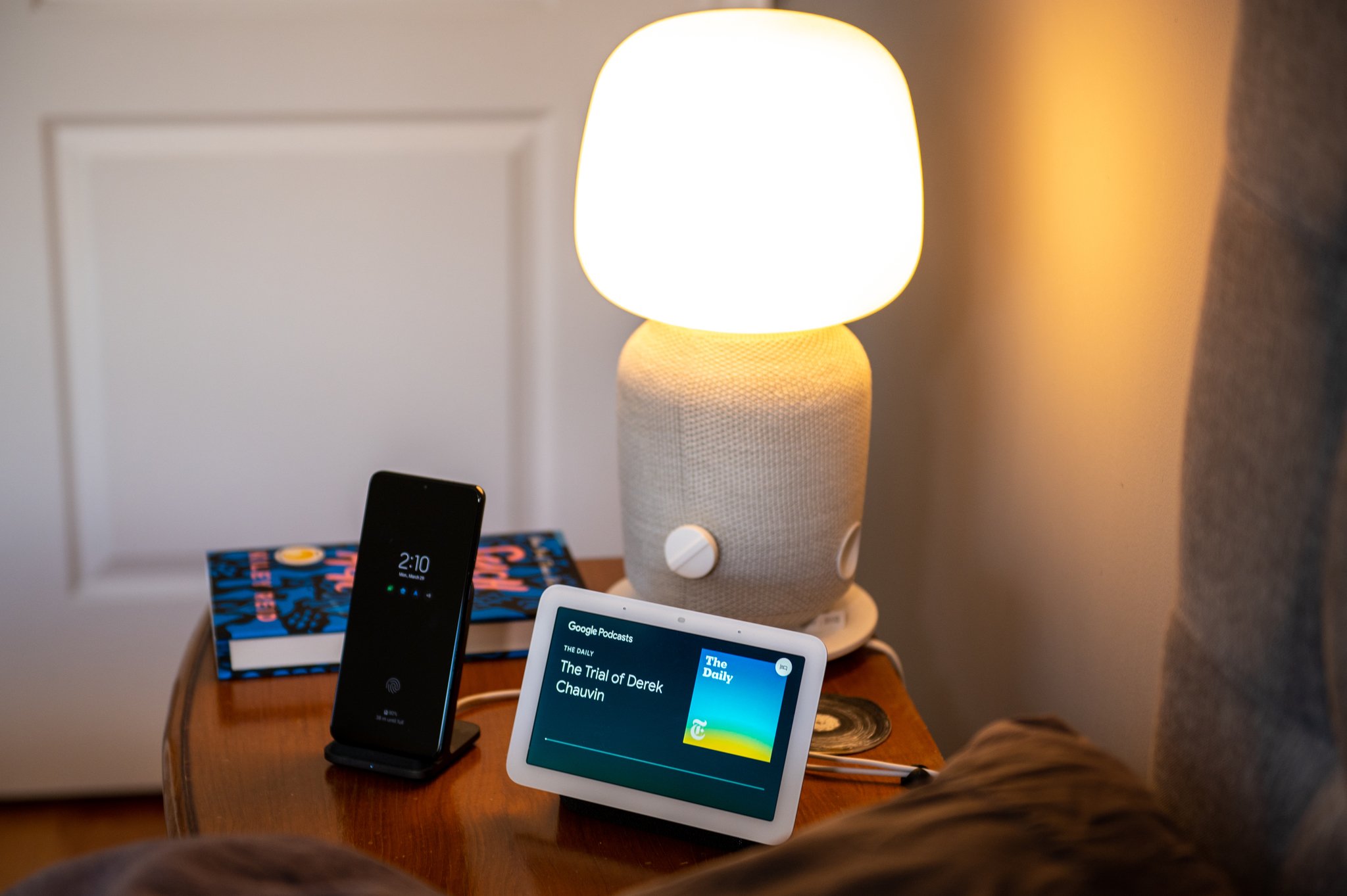Designing an in-house chip for smartphones would be a big deal for Google, but a lot of risks come along with it.
The news that Google could be putting its own chip inside the Pixel 6 is really cool, especially for consumers and fans of the Pixel phones. It's a risky move — even for a company the size of Google — but one we've expected to happen eventually. Even if you're not a Pixel phone fan and use any of the other best Android phones, it's interesting as all get out.
It's also going to be quite the balancing act between risk and reward, one that could affect the Android ecosystem as a whole. Building a microprocessor isn't a new idea for Google; we've seen the company build its own chips like the Pixel Visual Core and the Neural Core with a lot of success. Both pieces of silicon did exactly what Google wanted and even spurred the competition to match their capabilities. Google no longer needs to use them thanks to Qualcomm's improved image signal processing.
Google also designs ARM chips for its servers and machine learning equipment, so the company is no stranger to chip design. But this time, things are very different, and Google is making a bit of a leap of faith here. Dropping Qualcomm in favor of its own chips isn't something to take lightly. We reached out to Ashel Sag, Senior Analyst at Moor Insights & Strategy, and he sums it up quite well:
I think Google has to be very careful with going down this path because while I believe it is possible that Google can build a competent SoC, I do believe that the cost of doing this would need to be amortized across many more devices than what Google is currently selling through with the Pixel to make it a worthwhile exercise. Additionally, Google's probably going to have to use someone else's 5G modem, and considering that Google is very closely tied to Verizon, it will likely still be a Qualcomm modem, possibly an x60 or x55. However, if Google wants to be forward-thinking, it should be an x60 or x65. That said, I am just not confident that this project will have much longevity if Google doesn't find a way to increase the size of its smartphone business to where Samsung, Apple, and Huawei are, which is what drives their ability to build custom chips.
Boom goes the dynamite. That's the entire problem in a nutshell — Google will have to sell enough products with its chip inside to make it worthwhile, and even then, it has to lean on its hardware partners if it wants the chip to be any good. We all know what happens when Google loses too much money on a thing — it rides off into the sunset.
Not everything about Google building a chip is bad, though, and even if the company loses money on the endeavor, it could still be worthwhile. Having control over the chip's functionality at every level means a lot, and Google is the type of company that could build software that's "tuned" to run on it. A Google chip could be better at the things we want the Pixel to excel at: battery life, camera, and performance. That's not even mentioning that Google could support its own hardware, well, forever if it wanted to. Imagine your Pixel 6 getting five or more years of updates. That alone makes building a Google chip worthwhile in my book.
Google sells more hardware than just a Pixel phone.
I don't fully agree with Sag's analysis, though, because he isn't factoring in the rest of Google's hardware. Things like a Nest Hub or a Nest Wifi setup use an ARM chip supplied by another company. The next Pixelbook could do the same (please!). These products don't need a chip with the same capabilities as smartphones, but there's no reason Google couldn't use them to save money. Yes, at an individual level, it would cost more to drop a mobile-focused chip into the SoC of something like a Nest Hub, but building one chip to put in everything Google saves money.
Google doesn't need to sell as many phones as Samsung (who is rumored to be manufacturing said chip) or Apple; it just needs to sell enough devices that use the chip to reach an acceptable cost projection. If doing so saves time or makes writing software for new features easier, Google will consider that a win. As long as the bottom line doesn't drop too far once all is said and done, that is. The folks who count the money always have the final say.
Google can't go head to head with Qualcomm here, and it's not trying to.
In any case, I'm looking forward to seeing Google finally get its stuff together and make a Pixel with its own chip inside. I think it will make everything about a Pixel — especially the battery life — better. It could also address things like early adopter bugs that have always plagued Google's devices because finding and fixing them will be easier when you know everything about the silicon.
Can Google go head to head with Qualcomm or even a company like MediaTek when it comes to being a chipmaker? Nope. I don't even think it's trying something so grand. But it can make existing products better and make designing new products easier. Lord knows Google needs all the help it can get in both departments, and maybe this chip will be that help. My fingers are crossed and my credit card is ready.
Source: androidcentral

